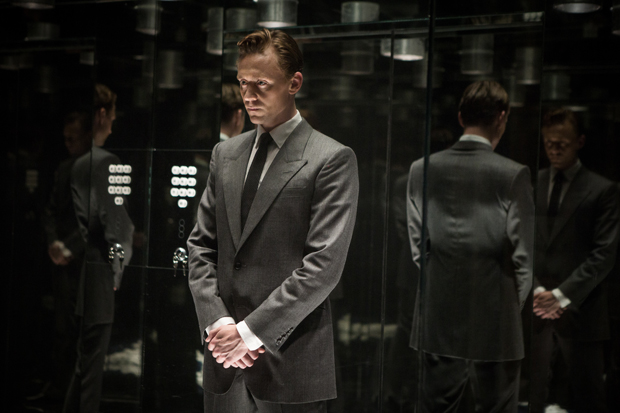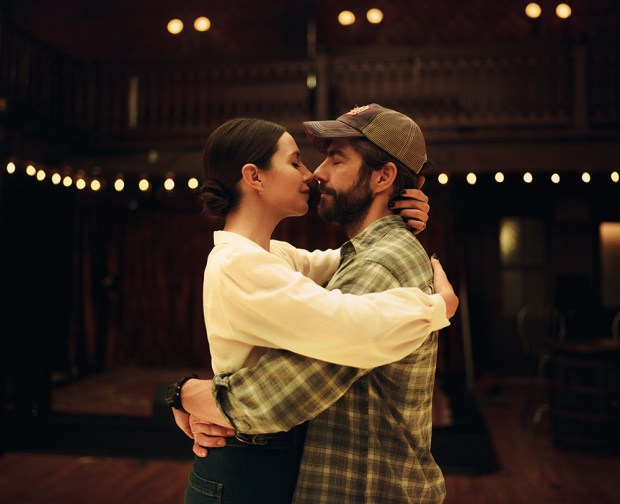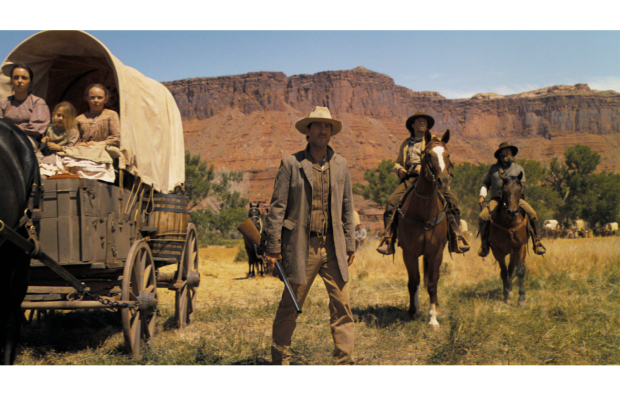High-Rise is Ben Wheatley’s adaptation of J.G. Ballard’s novel, and it is deeply unpleasant, if not deeply, deeply unpleasant. (Ideally, I would wish to repeat ‘deeply’ several hundred times, but I do not have the space.) Based on the dystopian notion of tower-block residents regressing into a primitive state once societal norms and the class structure are removed, it sounded promising, like an adult mirroring of Lord of the Flies.
Already a subscriber? Log in
Subscribe for just $2 a week
Try a month of The Spectator Australia absolutely free and without commitment. Not only that but – if you choose to continue – you’ll pay just $2 a week for your first year.
- Unlimited access to spectator.com.au and app
- The weekly edition on the Spectator Australia app
- Spectator podcasts and newsletters
- Full access to spectator.co.uk
Or
Unlock this article
You might disagree with half of it, but you’ll enjoy reading all of it. Try your first month for free, then just $2 a week for the remainder of your first year.














Comments
Don't miss out
Join the conversation with other Spectator Australia readers. Subscribe to leave a comment.
SUBSCRIBEAlready a subscriber? Log in